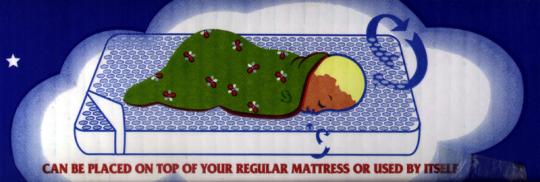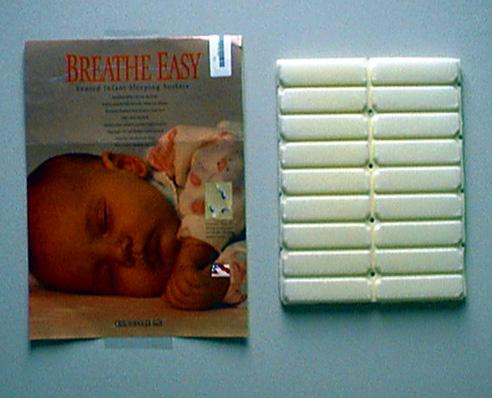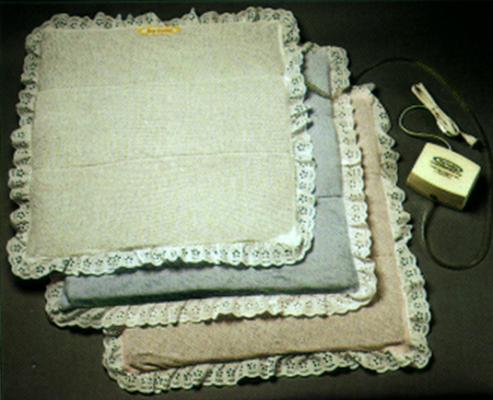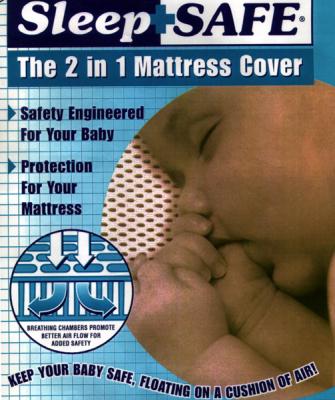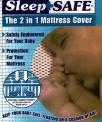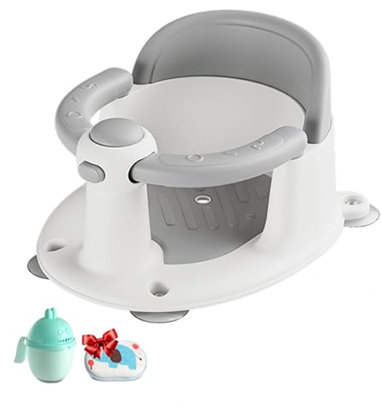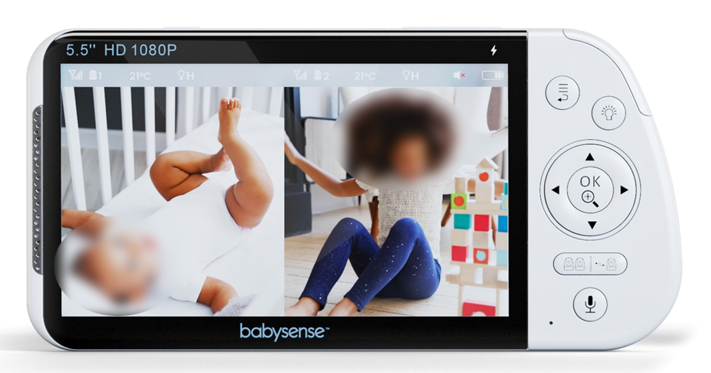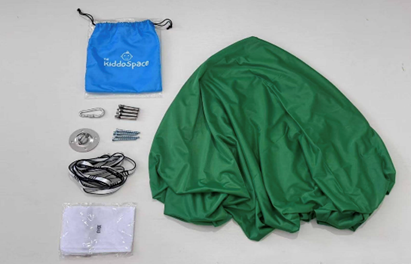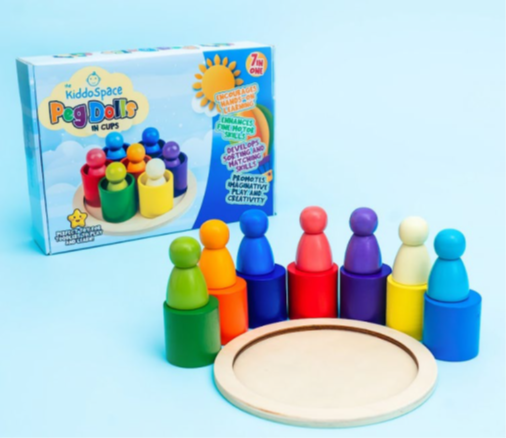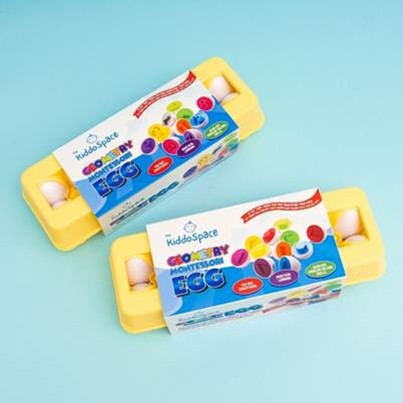CPSC is warning consumers that certain baby mattresses and mattress pads encourage the potentially deadly practice of placing babies to sleep on their stomachs, and claim that the products reduce the risk of Sudden Infant Death Syndrome (SIDS).
Recall Details
WASHINGTON, D.C. - The U.S. Consumer Product Safety Commission (CPSC) is warning consumers that certain baby mattresses and mattress pads encourage the potentially deadly practice of placing babies to sleep on their stomachs, and claim that the products reduce the risk of Sudden Infant Death Syndrome (SIDS). Despite the claims, CPSC is not aware of any evidence that proves that babies can safely be placed to sleep on their stomachs on these products, or that using the products will reduce the risk of SIDS. Parents and caregivers should never put babies to sleep on their stomachs, whether on these products or any others.
The following products make the claims through their advertising and marketing, including their instructions and packaging. Due to the efforts of CPSC, these firms have stopped manufacturing and distributing the products. CPSC also has requested that retailers stop sale and remove the products from store shelves immediately.
| Product Manufacturer/Importer | Estimated Quantity Sold | Description |
|---|---|---|
Baby Air (Breathable Mattress) Kid Safe Van Nuys, Calif. | 5,000 | A wood frame covered by mesh fabric. Used in place of or on top of mattress. |
Breathe Easy Vented Infant Sleeping Surface U.S. Family Products Willard, Mo. | 33,000 | Ridged foam mattress pad with air holes. Used on top of mattress. |
Sleep Guardian Charleston, S.C. | 600 | Vinyl pad with open weave fabric cover attached to an air pump. Used on top of mattress. |
Jupiter Industries Ontario, Canada | 1,000 | Mesh fabric mattress cover. |
According to CPSC, the risk of SIDS is significantly reduced by placing babies to sleep on their backs in a crib that meets current safety standards and has a firm, tight-fitting mattress and no soft bedding. There are about 3,000 SIDS deaths per year--a reduction of about 38 percent in the 5 years following the American Academy of Pediatrics recommendation that babies be placed to sleep on their backs. The four products involved in CPSC's action have been sold for about $30 to $100 in baby, drug and discount department stores; in catalogs; and on the Internet, including the following web sites: www.sidsprevent.com, www.kidsafeprod.com and flashmall.com.
The U.S. Food and Drug Administration is reviewing the products and their claims.
Note: Individual Commissioners may have statements related to this topic. Please visit www.cpsc.gov/commissioners to search for statements related to this or other topics.
If you are experiencing issues with a recall remedy or believe a company is being non-responsive to your remedy request, please use this form and explain the situation to CPSC.
The U.S. Consumer Product Safety Commission (CPSC) is charged with protecting the public from unreasonable risk of injury associated with the use of thousands of types of consumer products. Deaths, injuries, and property damage from consumer product-related incidents cost the nation more than $1 trillion annually. Since the CPSC was established more than 50 years ago, it has worked to ensure the safety of consumer products, which has contributed to a decline in injuries associated with these products.
Federal law prohibits any person from selling products subject to a Commission ordered recall or a voluntary recall undertaken in consultation with the CPSC.
For lifesaving information:
- Visit CPSC.gov.
- Sign up to receive our email alerts.
- Follow us on Facebook, Instagram, X, BlueSky, Threads, LinkedIn and Truth Social.
- Report a dangerous product or product-related injury on www.SaferProducts.gov.
- Call CPSC’s Hotline at 800-638-2772 (TTY 800-638-8270).
- Contact a media specialist.


